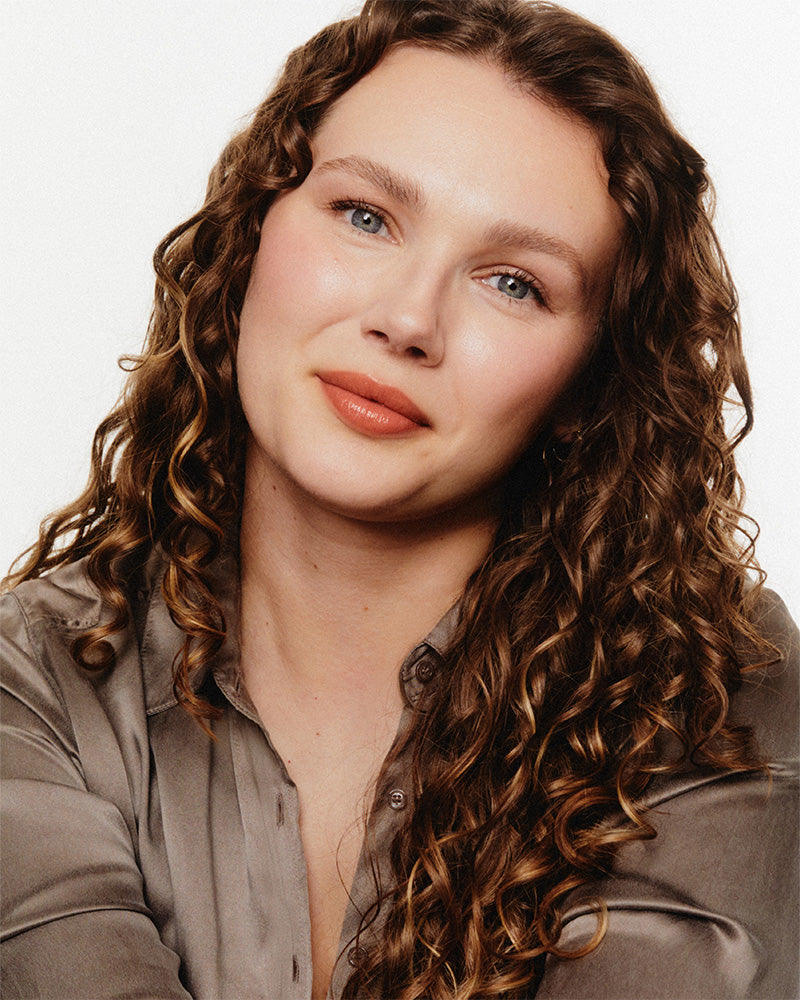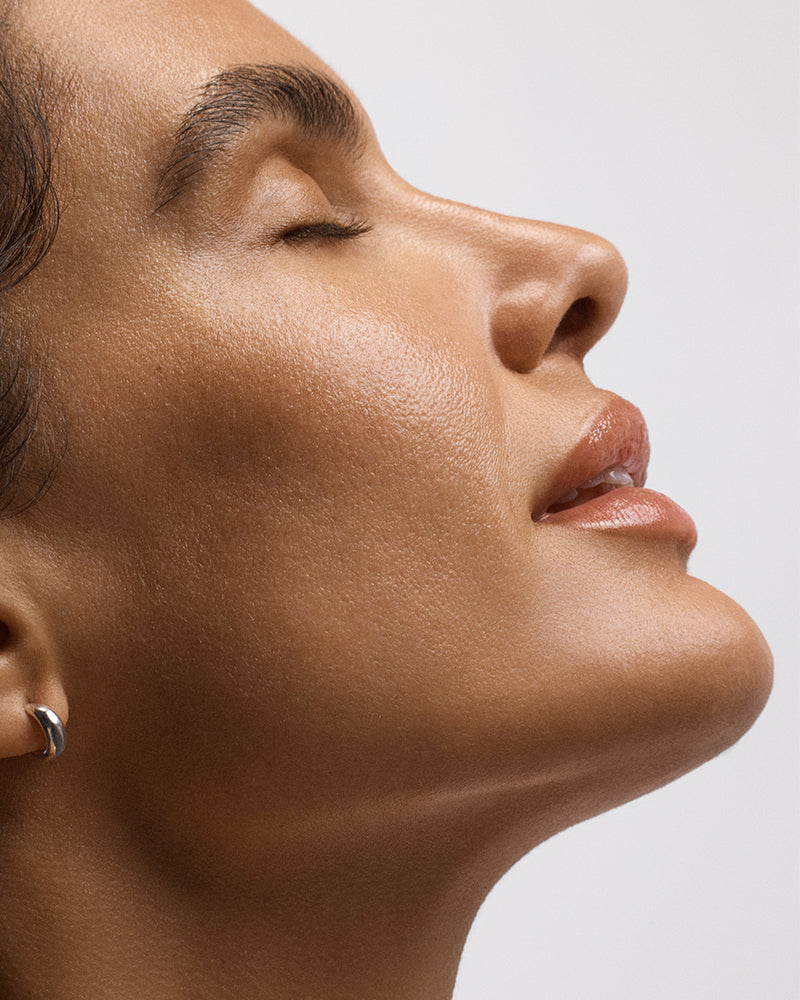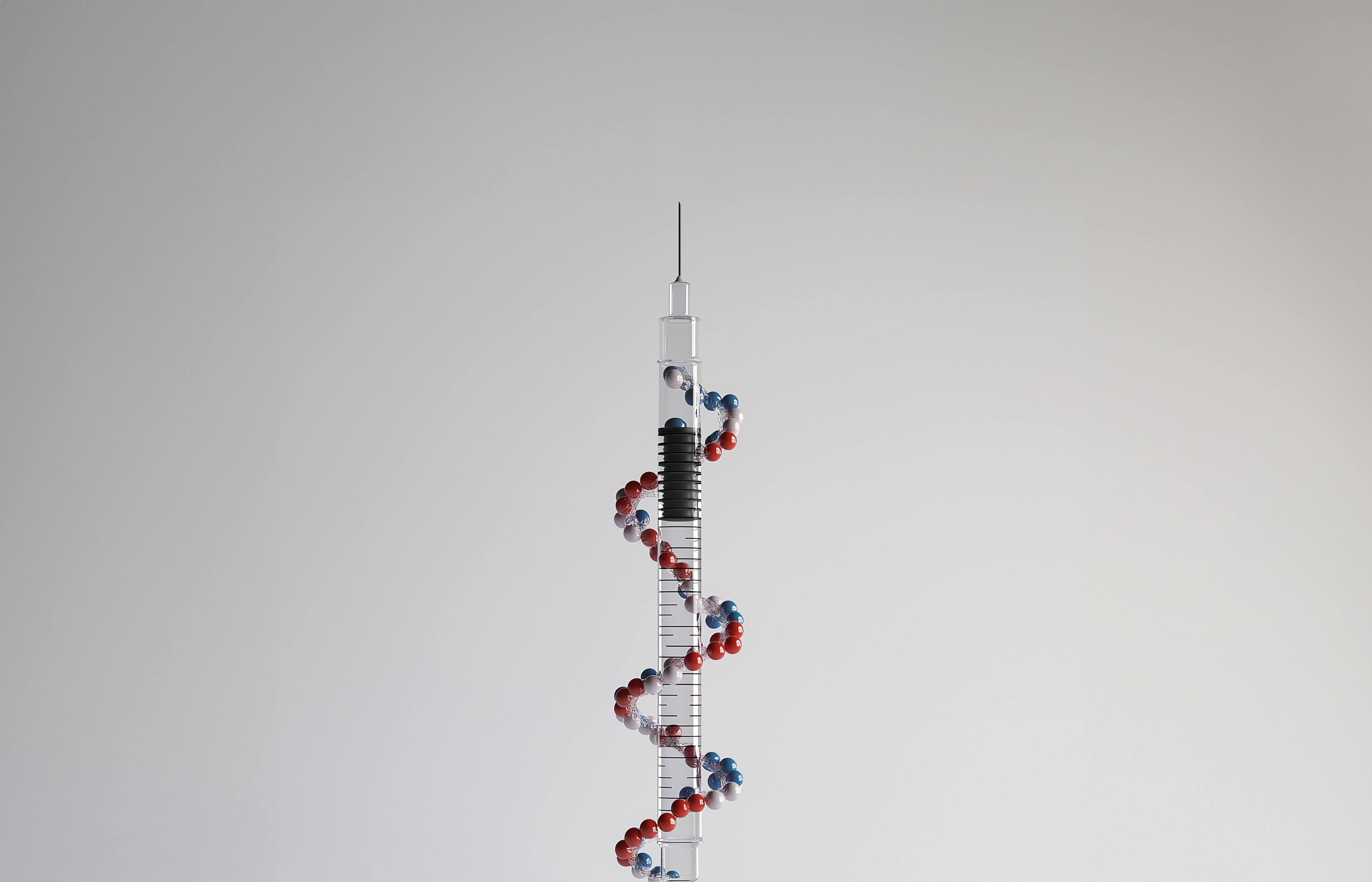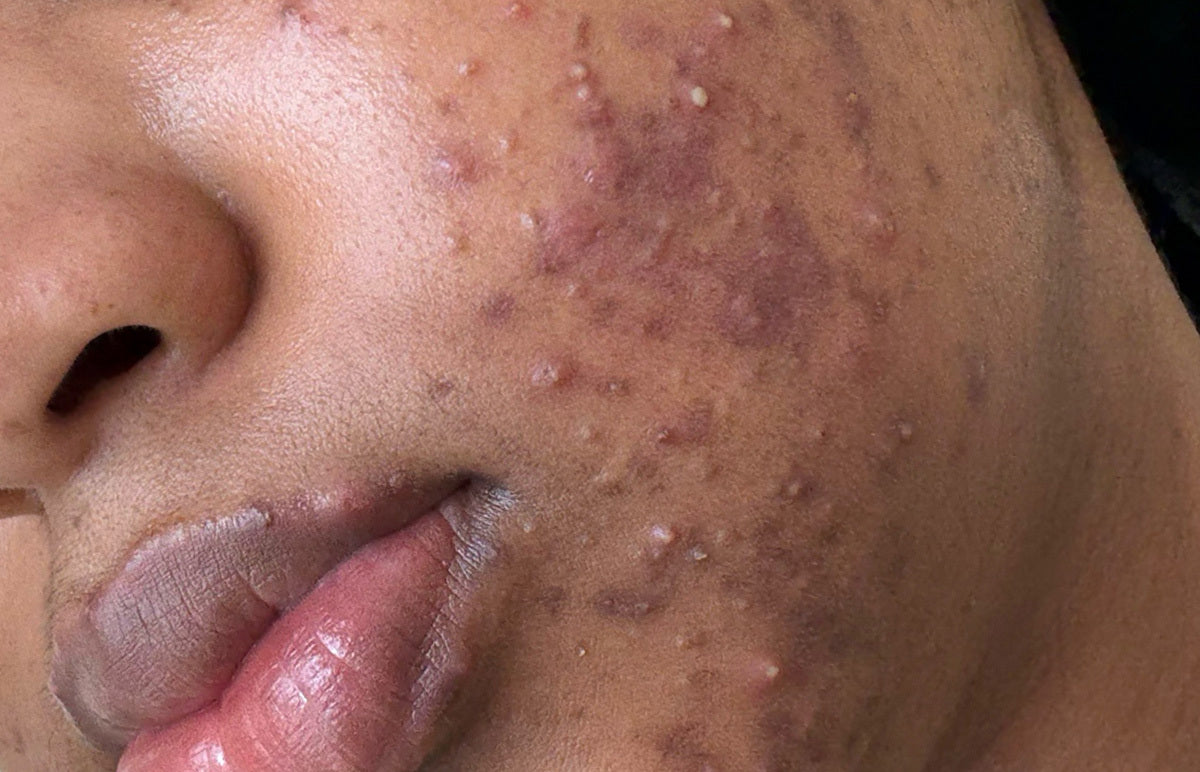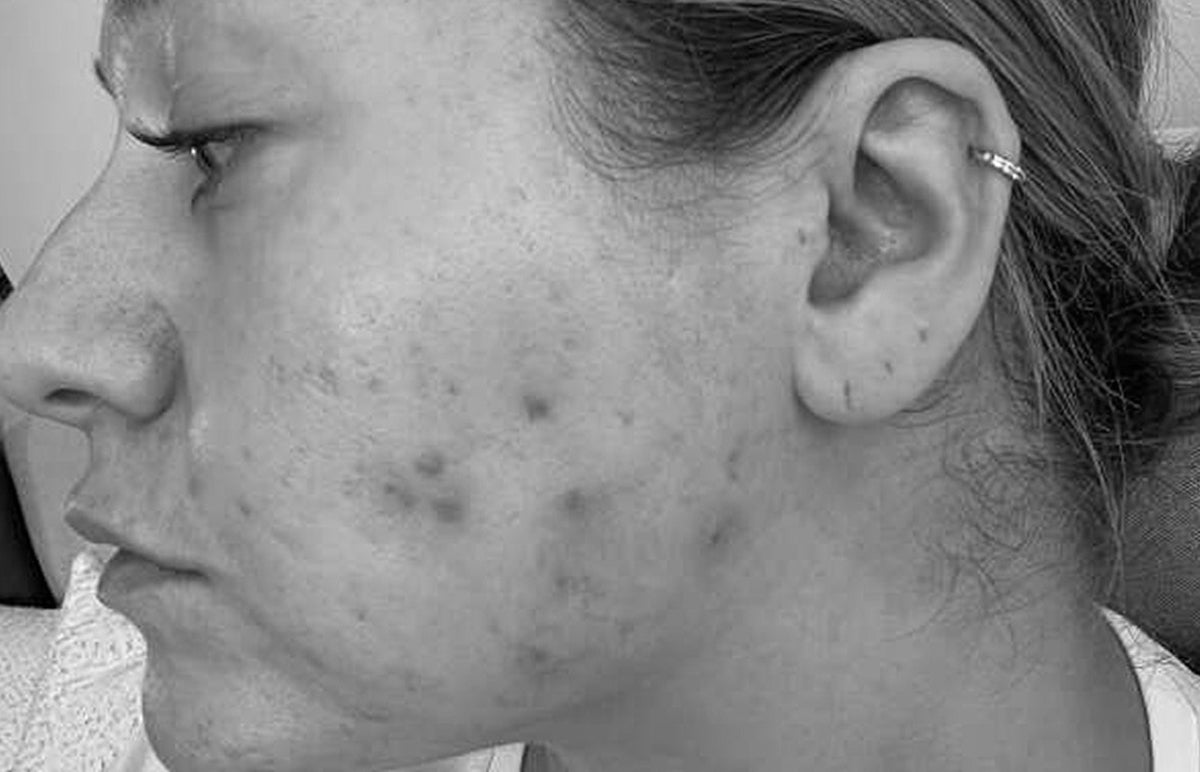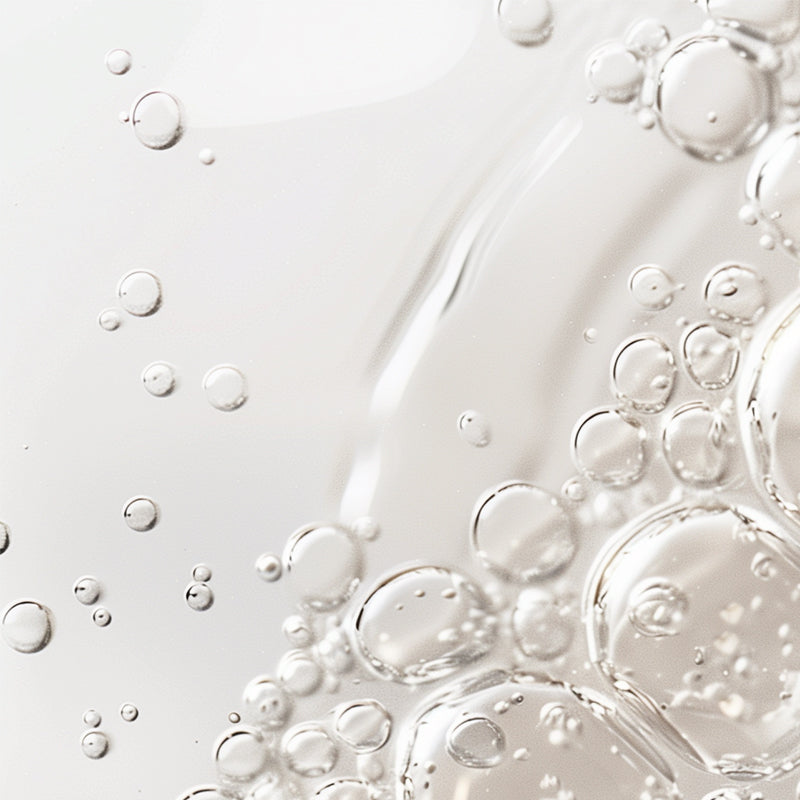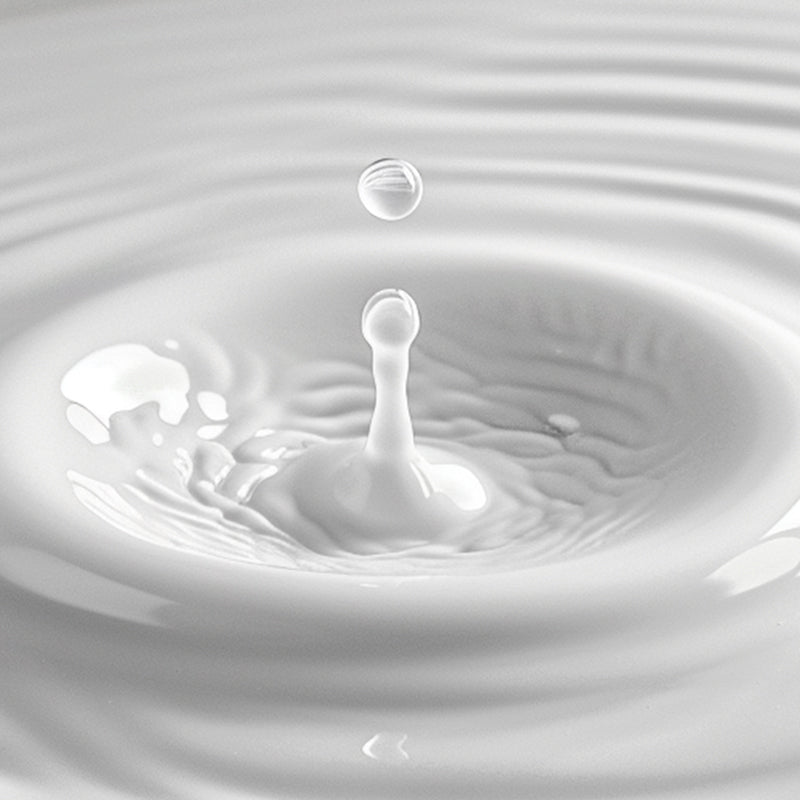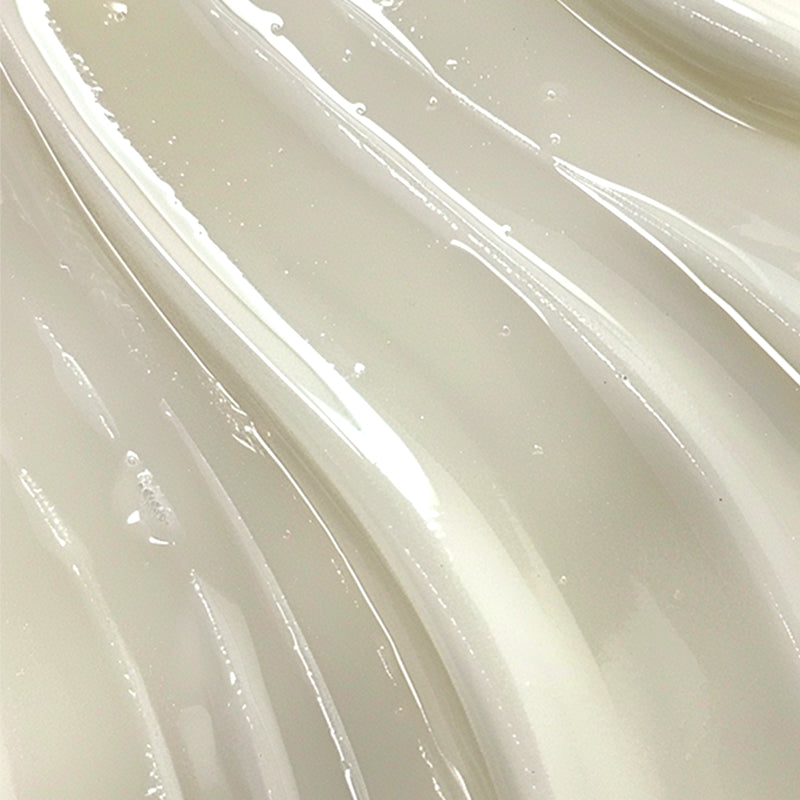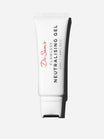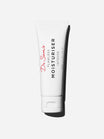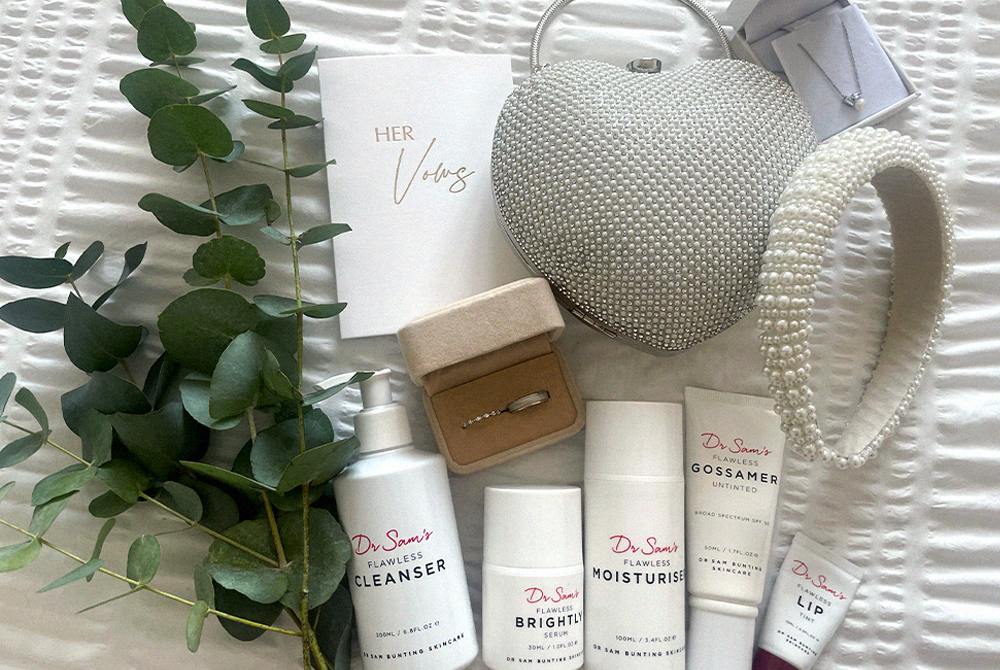I’ve talked a lot about the pitfalls of exfoliation, so let's talk about the positives! If you’ve watched the previous videos in this series, you’ll not be surprised that I’m JUST talking about chemical exfoliation here, which is the most controlled and considered way to approach this skin refinement technique.
Scenario #1
Exfoliation for normal skin, looking for a little extra glow.
I think AHAs are a really good entry level Active when you’ve reached your late 20s and beyond, you’re not acne-prone but are starting to see a little dullness creep in. Then I think that, as an addition to your cleanser/moisturiser/SPF combo, this can be a great idea. I like glycolic, lactic and mandelic acid. For those with sensitive skin, polyhydroxy acids, like gluconolactone, can be even gentler. Start using 2-3 times a week and titrate up slowly, as tolerated to reach desired glowiness.
Scenario #2
Post-acne, as part of a plan to treat Post Inflammatory Hyperpigmentation.
My go-to acid for this is, in fact, azelaic acid. But there are definitely those who find this doesn’t suit them and they need something gentler. So I think AHAs can be helpful to remove the pigment from the spots you’ve had recently. The key thing is to acquire tolerance slowly as irritation from over-use of Actives can make any pigmentation paradoxically worsen.
Scenario #3
Exfoliation to boost penetration of other Actives.
An unsung benefit of AHAs is that they will enhance penetration of things like retinoids, which is helpful if you’re using OTC retinoids. I will often use them in clinic as part of a pigmentation treatment plan, but will add them only once retinoid tolerance is reached.
Scenario #4
Exfoliation as a treatment for Keratosis Pilaris.
This usually affects the back of arms and legs. But can occasionally affect the cheeks and is a good smoothing and hydrating step in those instances. It won’t, however, make any impact on the red component so treat smoothness to touch as the goal.
Scenario #5
Exfoliation in pregnancy.
So whereas retinoids need to be avoided, AHAs are perfectly safe so I will often factor these into an anti-ageing strategy for pregnancy, especially if someone is pigmentation-prone.
Overall, I do have time for chemical exfoliants (!), when they’re placed in the correct position in the Actives hierarchy for treating various skin issues. Can I live without them in my practice? It’s a possibility...

